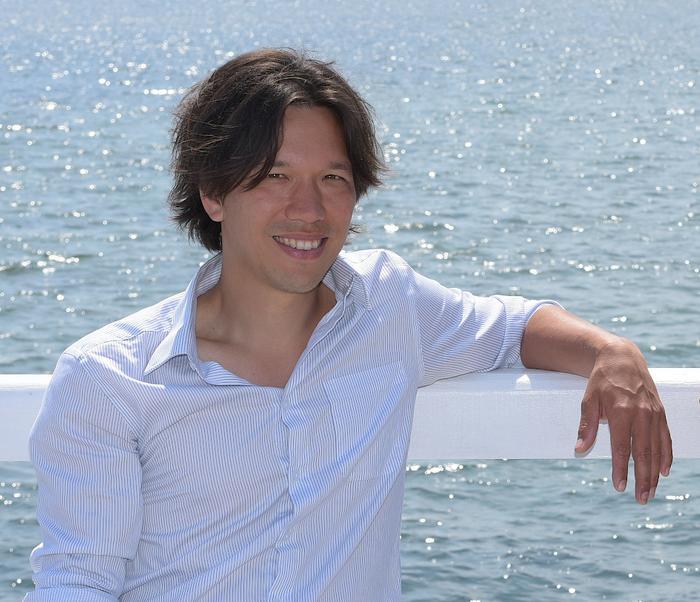2022 Animal President Medallist
Marian Hu

Marian Hu is a marine biologist and animal physiologist. He received his Diplom in biological oceanography from the University of Bremen, Germany, studying energetics of crustaceans from shallow-water hydrothermal vent systems. In 2008 he continued his research with a PhD thesis at the Helmholtz-Centre for Ocean Research Kiel (GEOMAR) focusing on the acid-base physiology of marine invertebrates and their resilience to changes in seawater pH in the context of ocean acidification. After completion of his PhD thesis in 2011 Marian was a post-doctoral fellow at the Sven Lovén Centre for Marine Sciences in Kristineberg, Sweden followed by an Alexander von Humbold fellowship at the Institute of Cellular and Organismic Biology at the Academia Sinica, Taiwan.
During this period his research revealed the so far largely unknown mechanism of acid-base regulation in cephalopods and in addition examined the physiological mechanisms that allowed crustaceans to inhabit extreme hydrothermal vent habitats. In 2015 he started to work at the Institute of Physiology (University of Kiel, Germany) as a researcher and lecturer studying membrane transport physiology in echinoderm larval stages. Here he adopted electrophysiology and life cell imaging techniques from human physiology to his scientific repertoire.
Since 2018 Marian is running his research group at the University of Kiel funded by the Emmy-Noether Programme of the DFG (German Research Foundation) focusing on the membrane transport physiology of marine organisms. In particular, his lab uses the sea urchin larva as a model system to study the cellular mechanism underlying acclimation and adaptation of marine organisms to changes in pH, salinity and temperature. They are particularly fascinated by the cellular processes underlying biomineralization that allowed organisms to transform metabolic CO2 into versatile constructions materials.
Using methods linking the genomic level with cell physiology and whole animal performance to the abiotic environment his group aims at providing a holistic understanding for the interaction of the living and the non-living world in past and future marine systems.
